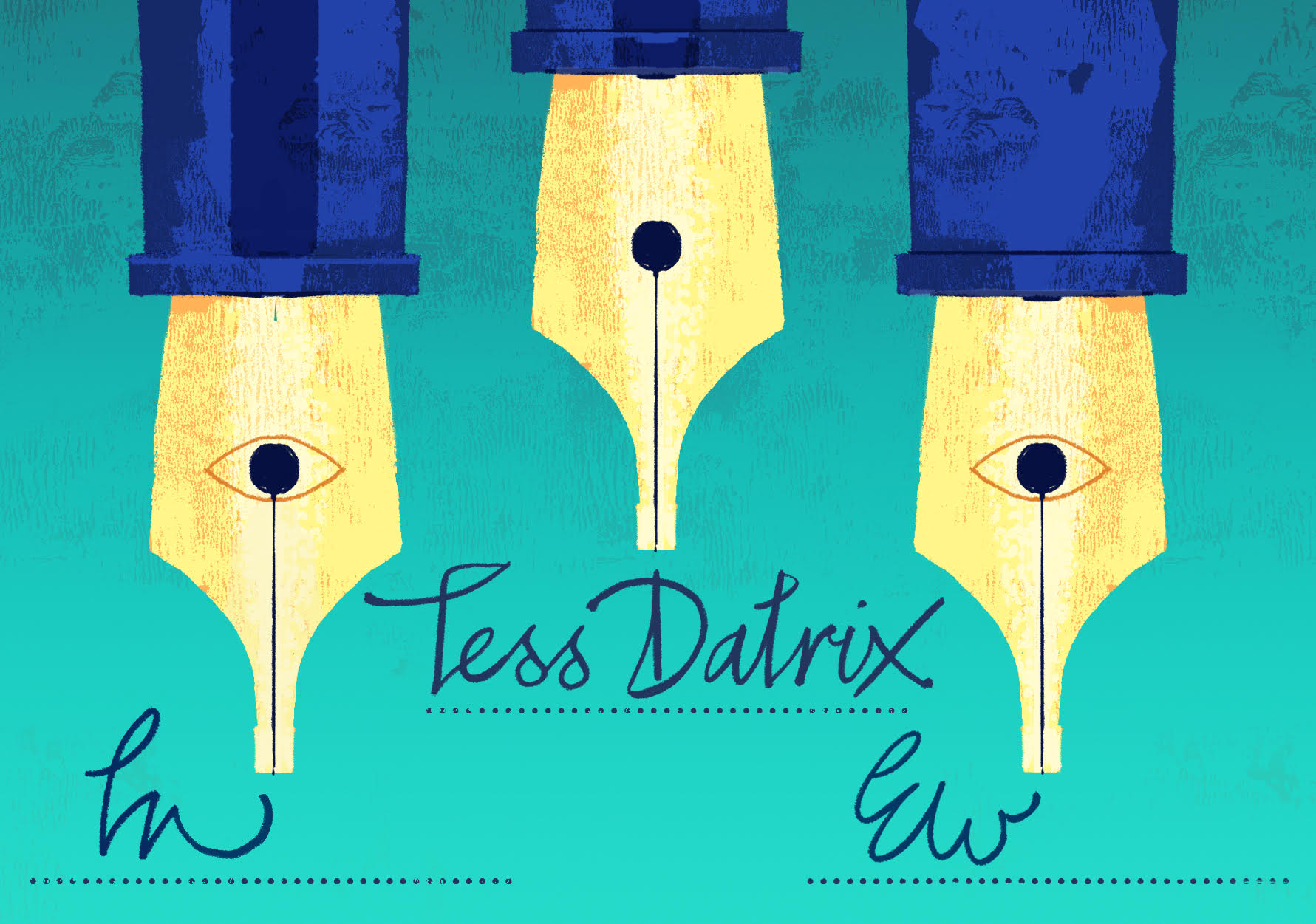
Did you know that these things can invalidate a Will?
April 28, 2022 3:44 pmThese are the key components to making a valid Will:
- It must be in writing, signed by you, and witnessed by two people
- You must have the mental capacity to make the Will and understand the effect it will have
- You must have made the Will voluntarily and without pressure from anyone else.
Taking those in turn, the most likely one that will really invalidate the Will is getting the witnesses wrong. The other two elements are more likely to come up as contestable issues, as a way to challenge your wishes expressed in your Will.
Getting the Will signed and/or witnessed incorrectly
The law is clear on the ways in which you need to sign a Will. Your signature must be witnessed by two people, who should ideally both be present at the same time. They should be over the age of 18, have their permanent home in England, and neither can be named as a beneficiary in the Will (a beneficiary who witnesses a Will ordinarily loses their entitlement to inherit under the Will).
The reason witnesses are so important is to verify what happened at time of signing when you’re no longer around. You can imagine situations in which a potential beneficiary is surprised by your allocation of assets – they might jump to conclusions that it wasn’t a true reflection of your wishes. The witnesses act as a safeguard to say that they saw you sign the Will, as confirmation of what happened during the meeting.
The courts are serious about enforcing witness validation of signatures where it’s required. There’s precedent for long and expensive litigation over deeds that were deemed invalid due to lack of witnesses to the signatures.
Avoid any complications over the validity of your Will and make sure you sign it in the presence of two independent witnesses. It’s currently possible for the witnesses to be presently remotely, eg via a Zoom call, but it’s generally much better to arrange for everyone to be present in the same room wherever possible. How can the online witness be certain that nobody else was sitting alongside the person signing the Will, off camera but forcing them to sign? It might sound far-fetched but you get the point.
Lacking mental capacity to make a Will
Occasionally somebody’s mental capacity to make a Will is called into question. Again, this might arise if a beneficiary, or a would-be beneficiary is disgruntled with your decisions. One way to challenge the Will is to say that you were insufficiently compos mentis when you wrote your wishes. Most commonly that arises in circumstances in which the Will-maker develops Alzheimer’s disease or dementia.
One way to protect the validity of your Will is to ask a medical professional to witness your signature. Make it clear to them that they’re verifying that you’re in sound state of mind, as well as the fact that you signed the Will. Doctors are becoming less keen to get involved but some are prepared to prepare a letter or sign a short report confirming the person does have full ‘testamentary capacity’.
Making a Will under duress
Of course you’d hope that it’s rare that a person is coerced into making a Will. And your independent witnesses should be able to attest to the freedom with which you signed your Will. But it’s worth noting that any Will found to have been made under duress risks being declared invalid.
What happens if your Will is invalid?
If the Will fails, your assets will be distributed in accordance with any earlier Will or the intestacy rules. That may result in unintended consequences that are not necessarily aligned with your wishes.
If you’re making a DIY Will, make sure you follow the steps to ensure its validity. Better still take a moment to think whether that really is the best option. Or, by instructing a solicitor, you can have peace of mind that your Will is professionally drafted and that it’s executed in a way that ensures its validity.
Many countries don’t recognise these issues as 99% of Wills executed overseas are signed in front of an independent notary public who is a quasi public authority. Wouldn’t it be good if we could tidy up our legal system in order to make it far more difficult to challenge the validity of a Will?
If you’d like to speak to anyone in our Wills team, please give us a call on 0117 946 77 09 or send an email to info@mwnotary.com .
Graphic by Danny Jenkins and belongs exclusively to Marc White & Co and Danny Jenkins.
© Dannyjenkins.design 2022
Categorised in: Wills
This post was written by Marc White



